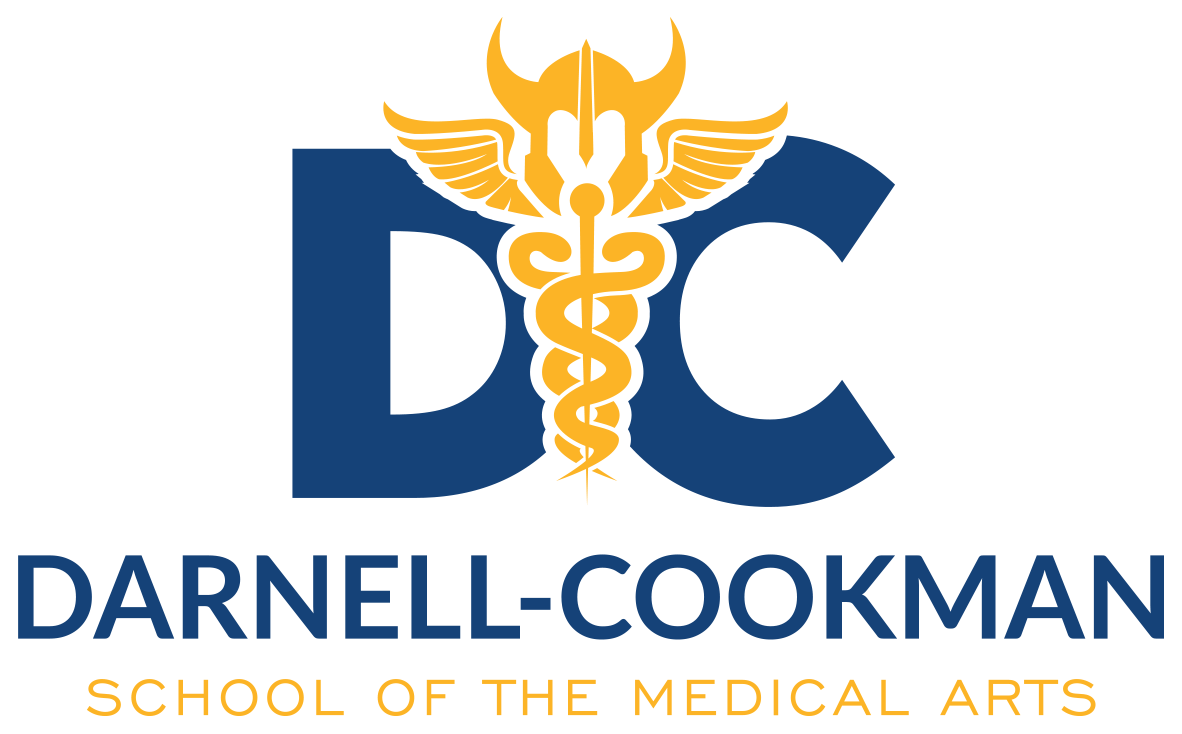
Choose the Best Tools for Your Information Needs
Click on the logo at left to access a very comprehensive listing of search tools for specific search needs for defining a topic, finding quality results, specific disciplines, searching facts or perspectives, specific types of media, etc.
The Search Engine List
A comprehensive listing of all search engines for differing needs.
SweetSearch is a Search Engine for Students. You can access it directly through the widget at left.
It searches only the 35,000 Web sites that their staff of research experts and librarians and teachers have evaluated and approved when creating the content on findingDulcinea. They constantly evaluate the search results and "fine-tune" them, by increasing the ranking of Web sites from organizations such as the Library of Congress, the Smithsonian, PBS and university Web sites.
SweetSearch helps students find outstanding information, faster. It enables them to determine the most relevant results from a list of credible resources, and makes it much easier for them to find primary sources. They exclude not only obvious spam sites, but also marginal sites that read well, but lack academic or journalistic rigor. As importantly, the very best Web sites that are often buried on other search engines appear on the first page of SweetSearch results.
Infotopia indexes tens of thousands of educator-selected academic web pages selected by librarians, teachers, and library and educational consortia. You can access it directly through the widget at left.
Click these logos on left to access links:
iSEEK Education
iSEEK Eduaction is a targeted search engine for students, teachers, and administrators
• Safe - Put your mind at ease with safe search technologies and editor-reviewed content
• Authoritative - Search hundreds of thousands of trusted resources from universities, government, and established noncommercial providers
• Intelligent - Instantly identify lesson plans, activities, school subjects, grade levels, and more with iView navigation
• Time-saving - Register to bookmark any URL for storage in MySEEK, your own searchable Web-based library
Google Scholar provides a simple way to broadly search for scholarly literature. From one place, you can search across many disciplines and sources: articles, theses, books, abstracts and court opinions, from academic publishers, professional societies, online repositories, universities and other web sites. Google Scholar helps you find relevant work across the world of scholarly research.
instaGrok (grok (v.): to understand thoroughly and intuitively
I love, love, love this tool because I am such a visual learner. Click on the logo at left to explore an interactive concept map, understand connections between key concepts and facts, customize your map with facts, links, and more.
OK- I know you all love to use Wikipedia, and there's nothing wrong with that, unless it's for a research project and you don't want to do the extra work of verifying all the sources from the links at the bottom of the page... BUT, this is actually a useful tool to find synonyms for your search terms. Click on the logo to check it out and let me know what you think.
This is a fairly new serch alternative to Google with no filter bubble, no tracking, no ads, and no clutter. You can change the design of the interface and go directly to certain sites with their iBang technology.
Answers.com marries the best of community-driven questions and answers with hundreds of respected and trusted editorial reference books. The site knows the best answer to give you, whether it summons the expansive, ever-growing collection of community answers from WikiAnswers, or it taps into its ReferenceAnswers database, a comprehensive set of editorial, licensed reference topics. THe results page can be confusing, though, and watch out for all the ads!
Mashpedia
This tool aggregates multiple live web feeds about a specific topic and converts them into a structured and easily readable layout. It pulls multiple sources (books, video, images, news, etc.) and displays them all on one page vie links at the top. Be careful when using for research, though, bcause it also includes Wikipedia articles and social media sources as well (not accessible at school)
